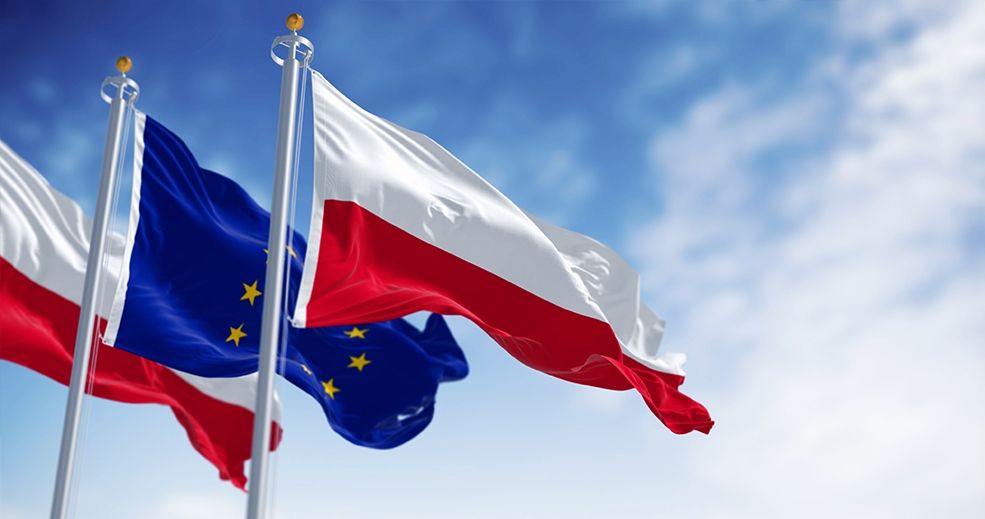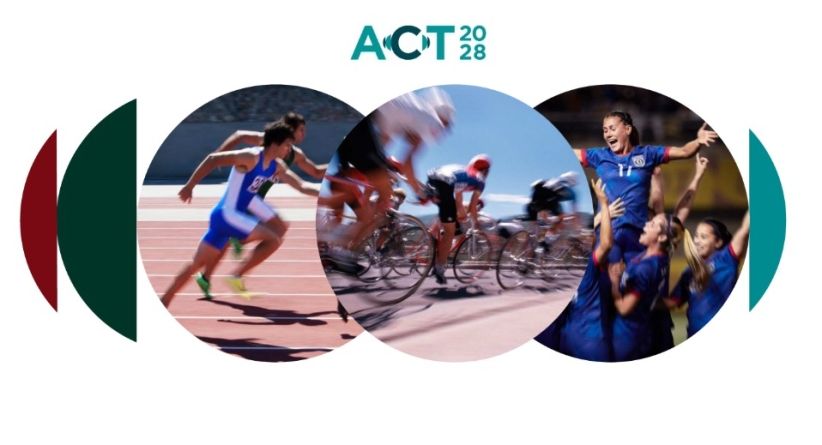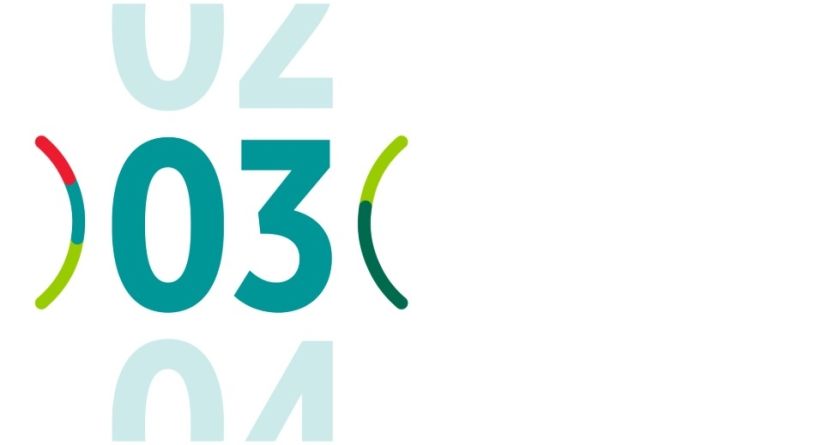
In Poland, a victory for the rule of law and Europe
Parliamentary elections were held in Poland on 15 October. While the PiS (Law and Justice) party, in power since 2015, topped voting intentions in the polls, the outcome of the vote came as a pleasant surprise.
The first surprise was the exceptional turnout of 74.4%, higher than in any election since the fall of communist rule. That level of civic engagement reflects not only the return of politics to the centre of Polish people’s concerns but also the fact that public opinion is highly polarised. That was the key feature of this election, which unfolded amid high tensions between political parties. The PiS party’s political campaigning significantly worsened this polarisation by bringing about division between urban and rural Poles (the latter representing the party’s traditional base), setting their interests and societal commitments more or less at odds. Its multiple personal attacks on Donald Tusk, leader of the Civic Platform opposition party, also added stoked the fires of division.
Furthermore, PiS structured its political rhetoric around defence issues, with plans to launch highly ambitious military projects that would make Poland the third-ranking NATO country by military expenditure as a proportion of GDP and personnel employed, after the United States and Turkey. Although the threat of the Russia-Ukraine conflict expanding is real and could potentially have a very significant impact, it has been largely instrumentalised through the creation of a climate of fear, especially in cross-border regions.
The confrontation between Warsaw and the Brussels institutions was once again at the heart of the outgoing government’s campaign, with PiS leaders defending a very traditional view of society while espousing rhetoric opposed to the values of openness in terms of migration policy and the protection of minority rights.
This quite aggressive and divisive rhetoric prompted a degree of election fatigue, with voters exasperated that their country remains at odds with the rest of Europe. Without wishing to overgeneralise, this may perhaps have been a weak but nevertheless real signal that illiberal regimes have their limits. Their perpetually conflictual stance and rhetoric lead to voter fatigue and leave voters – especially the youngest among them – feeling somewhat pessimistic and unable to envision a positive future. Moreover, Donald Tusk’s vast political experience was also a key asset for all the opposition parties during the election campaign, which was very unbalanced in terms of media coverage.
Although PiS topped the polls (with 38% of the vote), the majority of votes went to opposition parties, which are now set to form a majority coalition. With significant divergences remaining between the various groupings – particularly on the right to have an abortion, one of Civic Platform’s key election promises – this will be no easy task. However, opposition parties will rally round issues like press freedom and judicial independence.
This election is also of major importance in normalising and improving relations between Warsaw and Brussels. Poland should now stop blocking or slowing European decision-making processes – on the contrary, it will probably move closer to France and Germany and play a more proactive role in driving European progress.
Judicial reform, once implemented, should pave the way for the release of European funding urgently needed to transform Polish industry in view of energy and climate transition.
Yet there are still some obstacles to the fulfilment of election promises. The first is that Poland’s head of state, President Andrzej Duda, a PiS loyalist, will continue to have the power to block new legislation for a year after a new government is formed.
Lengthy administrative procedures mean it is also likely to take some time (probably over two months) to get a coalition government up and running.
Nor should we underestimate the profound changes that have played out since 2015 or the fact that key institutions, media operators and public corporations are run by PiS members. Dismantling all that PiS has so determinedly built is likely to be a very difficult and time-consuming process. The strength of the coalition will be put to the test in a somewhat fragile environment fraught with pitfalls.
On the economic front, we are not expecting any major changes in the very short term: these reforms are all likely to take time and 2024 budgets have already been drawn up. On the other hand, the business climate and investor confidence should improve significantly if the transition to a new government happens democratically and peacefully.
For the time being, there is every reason to be happy about this outcome, which is good news for liberal democracy in Europe.







